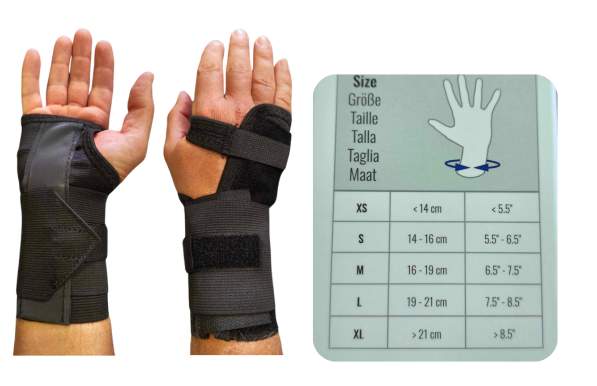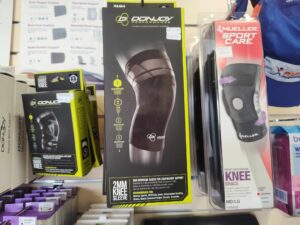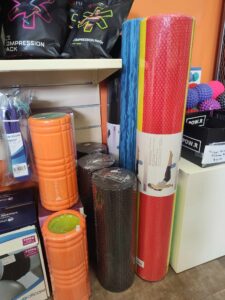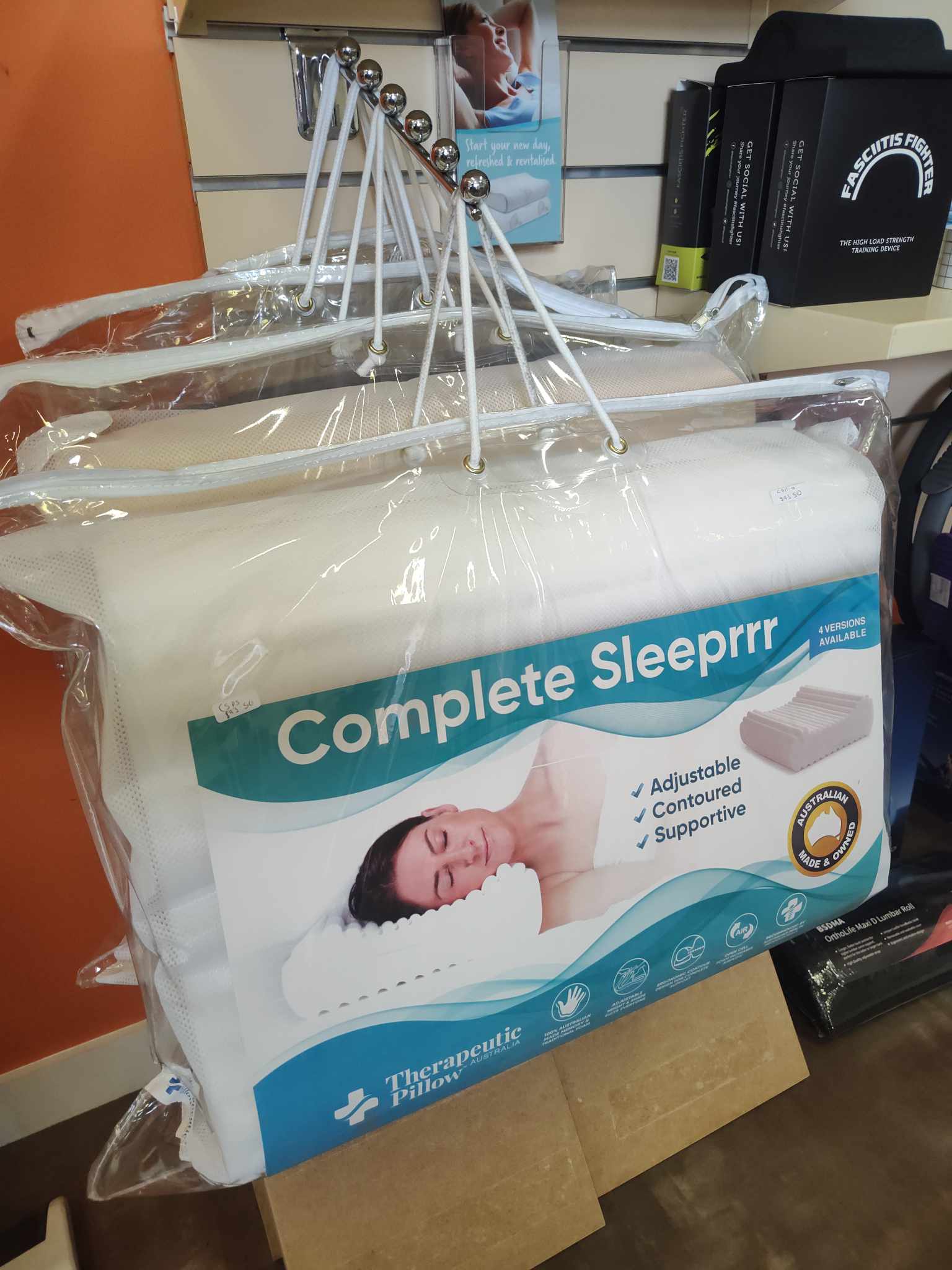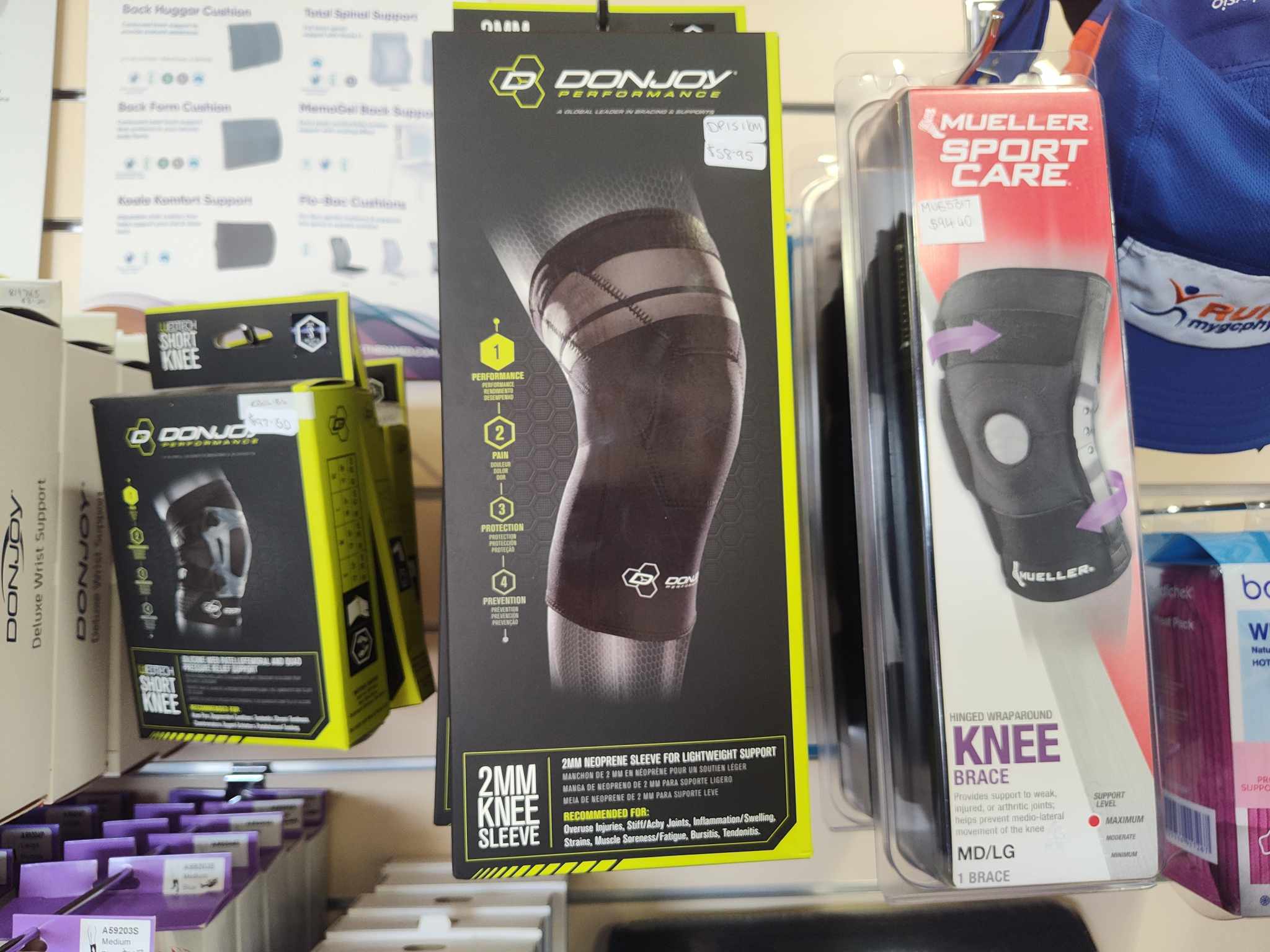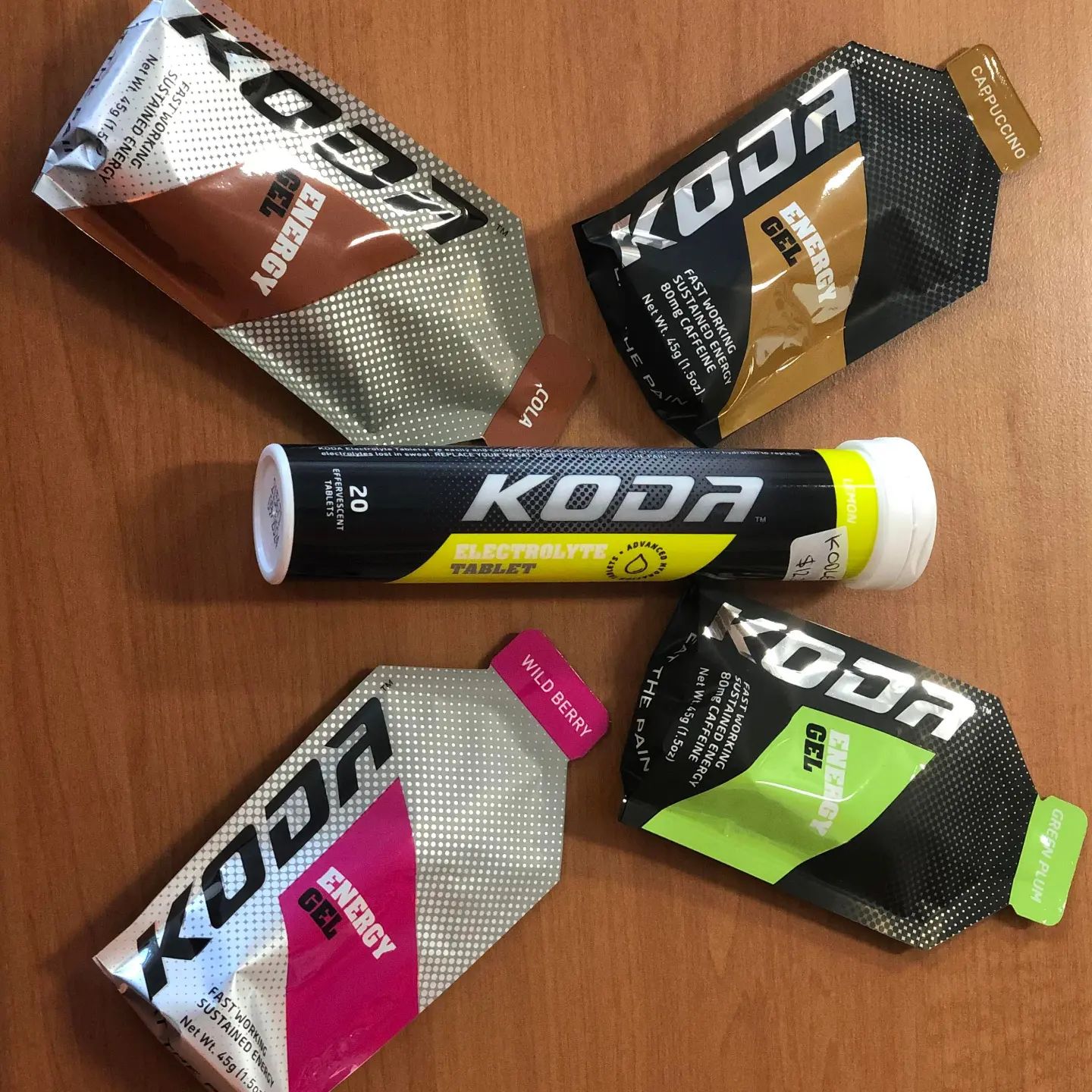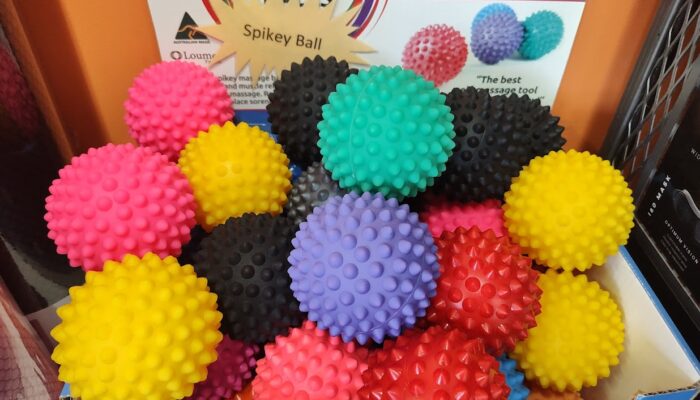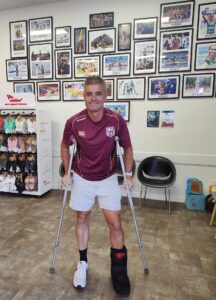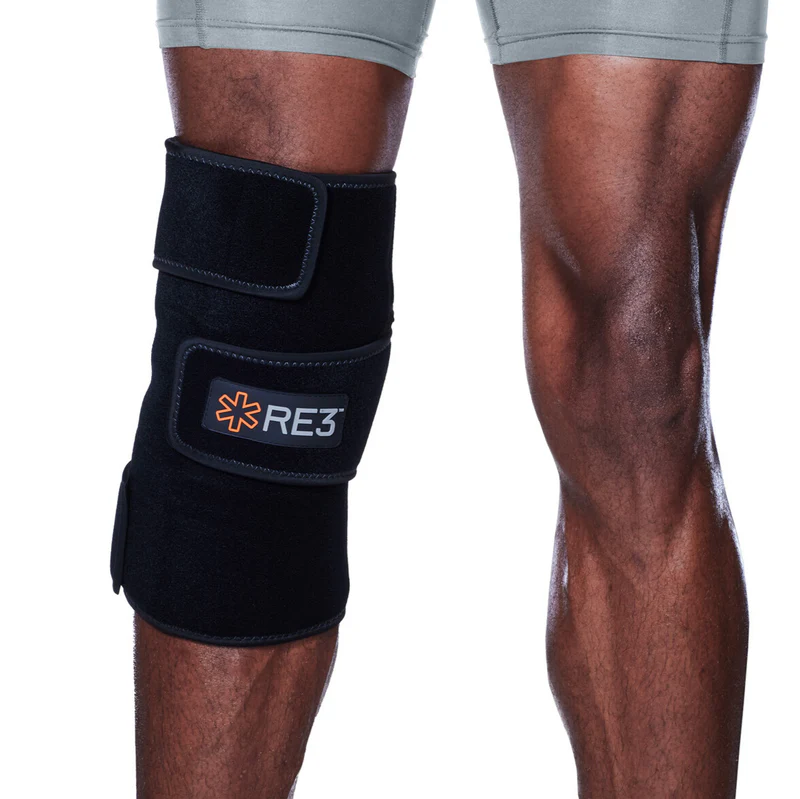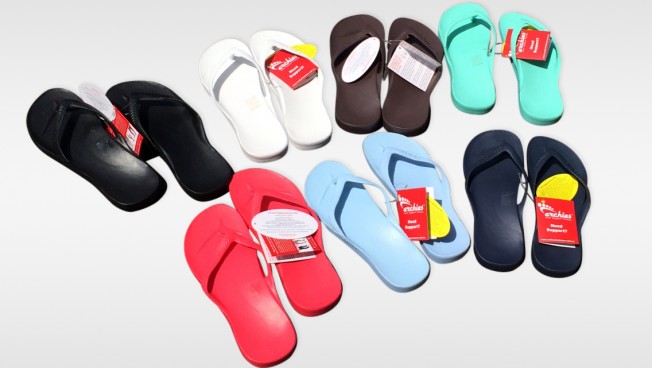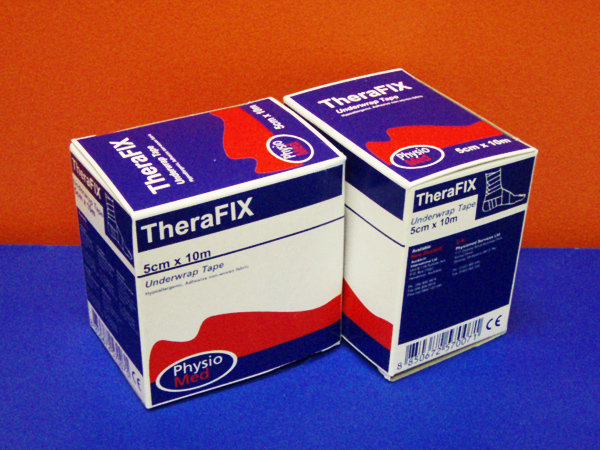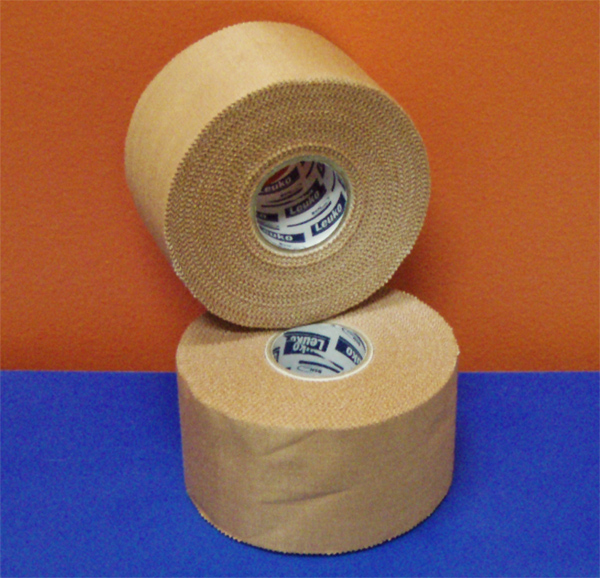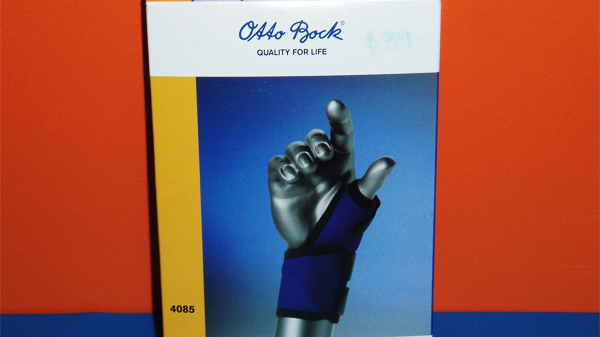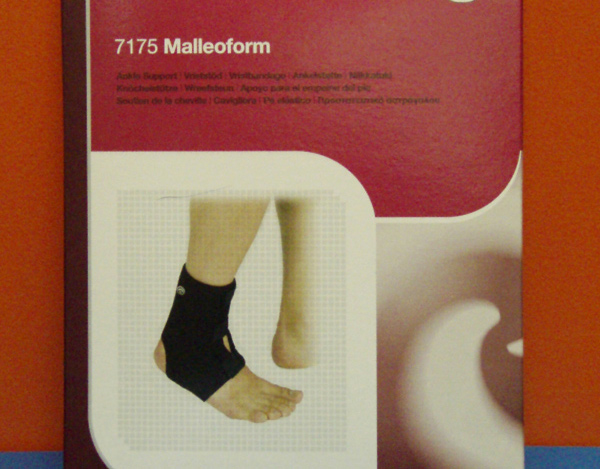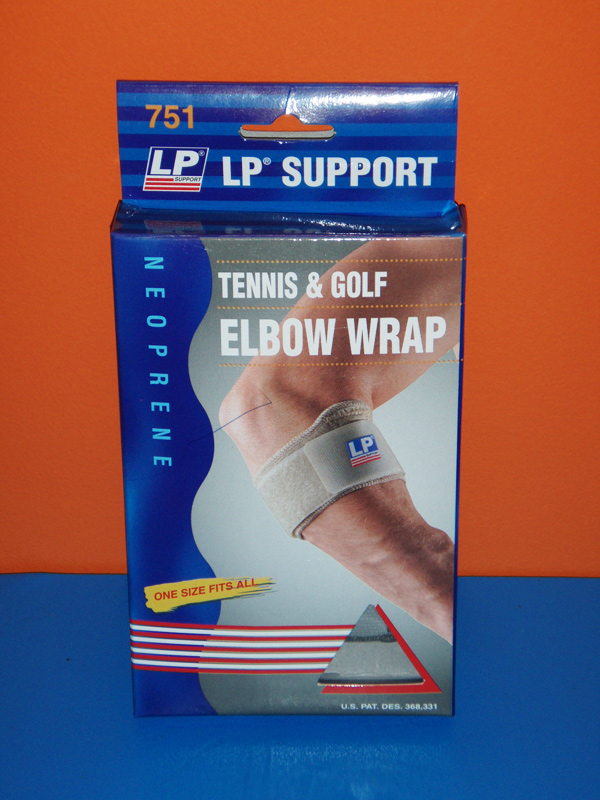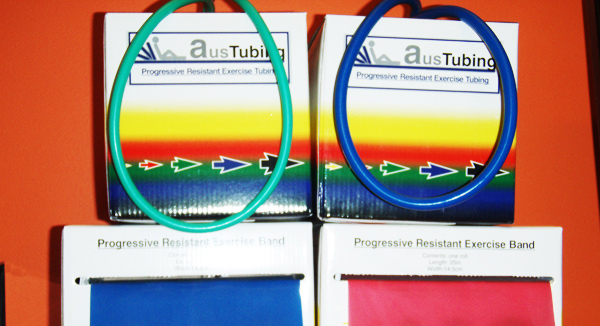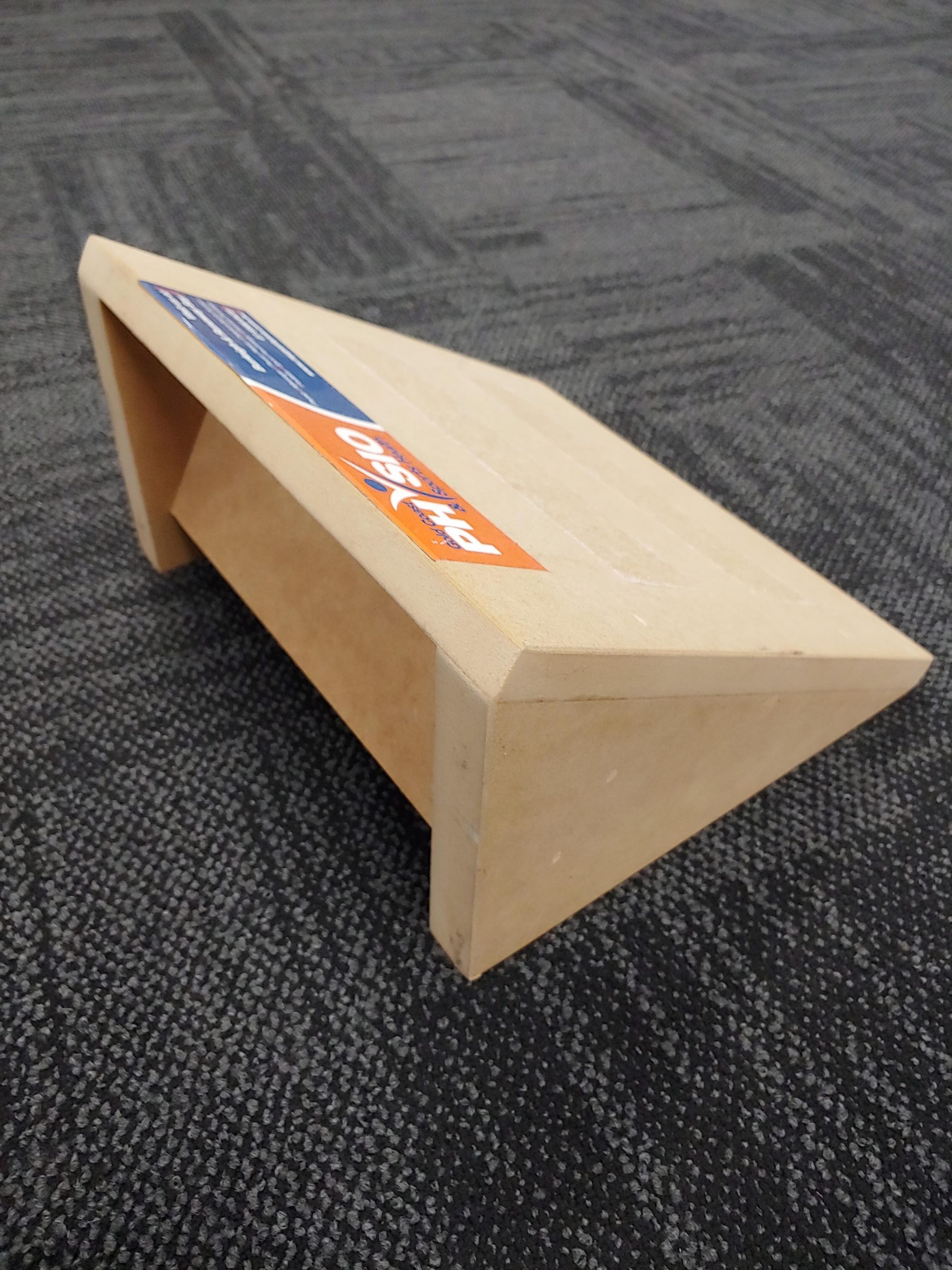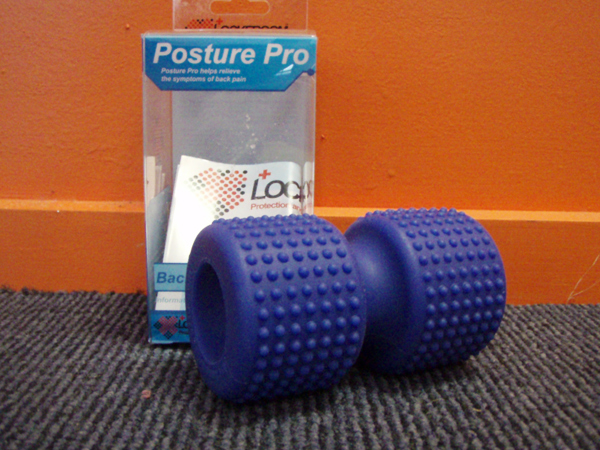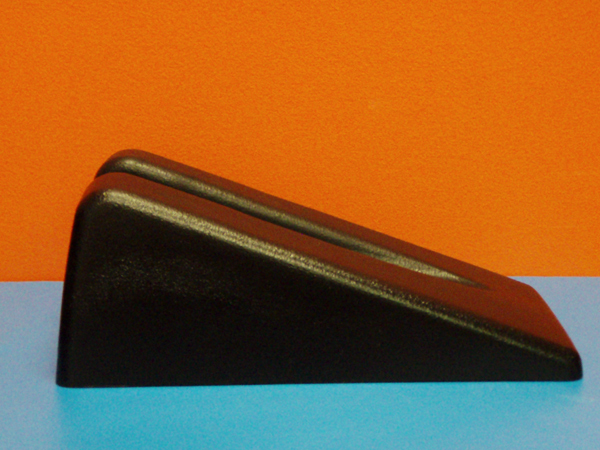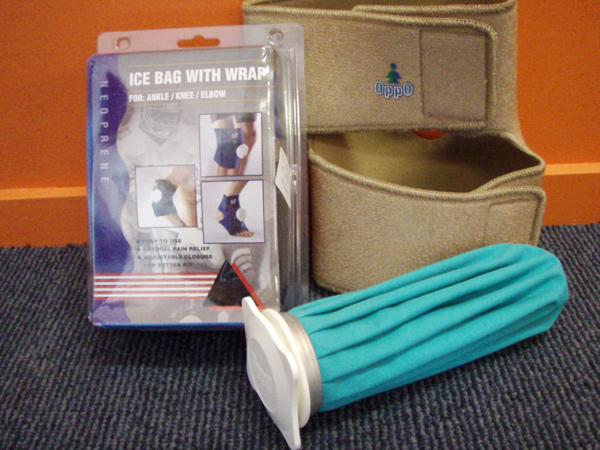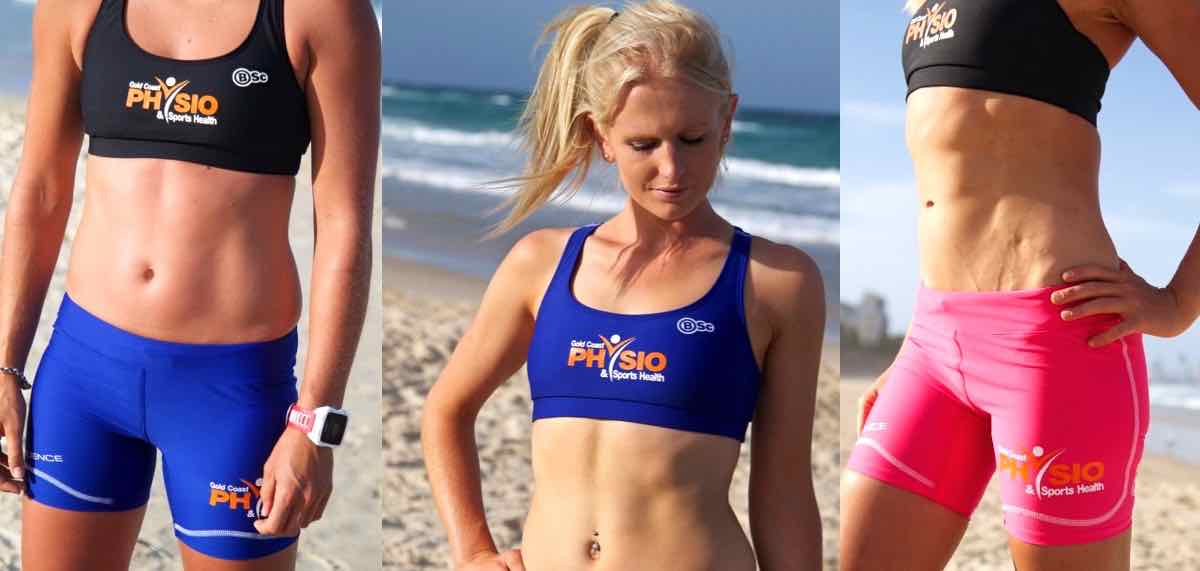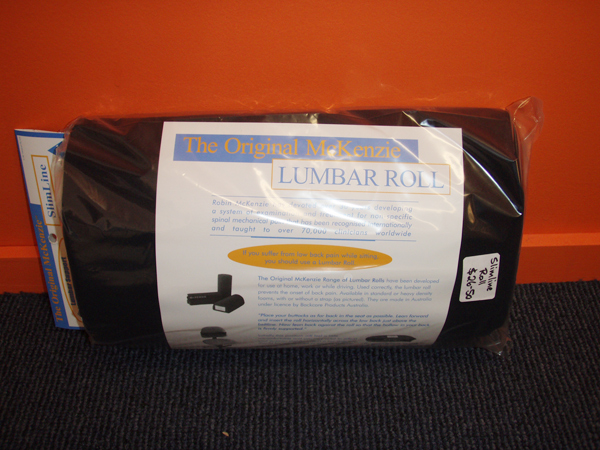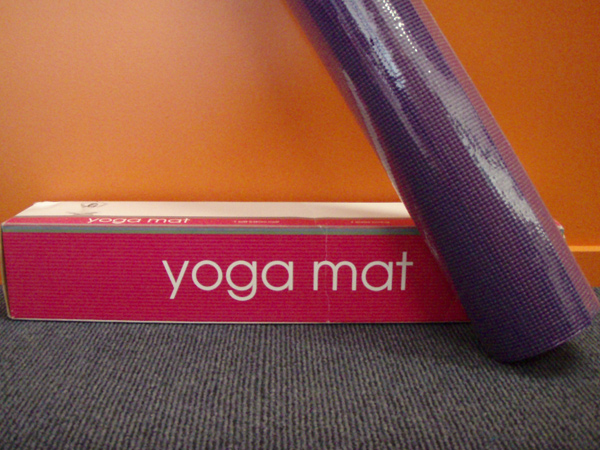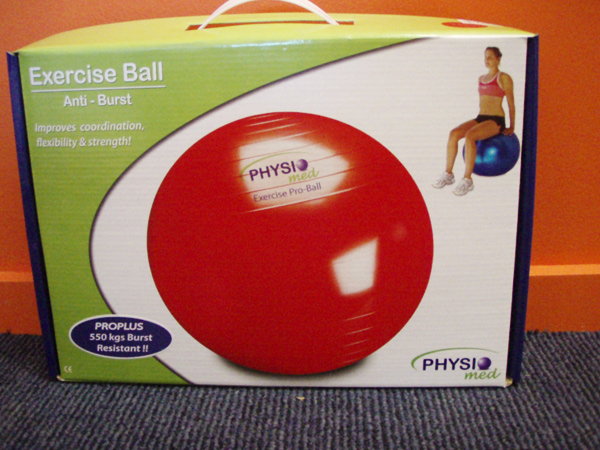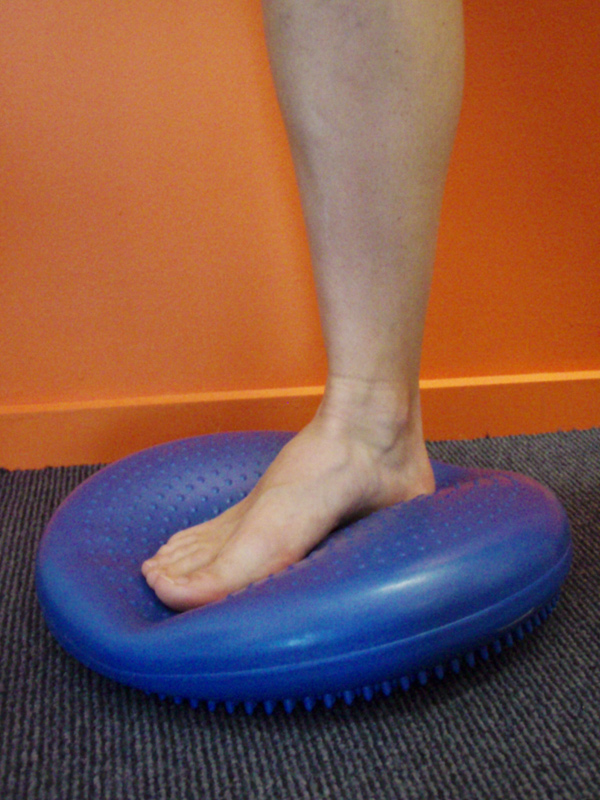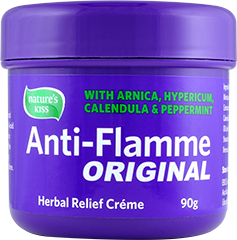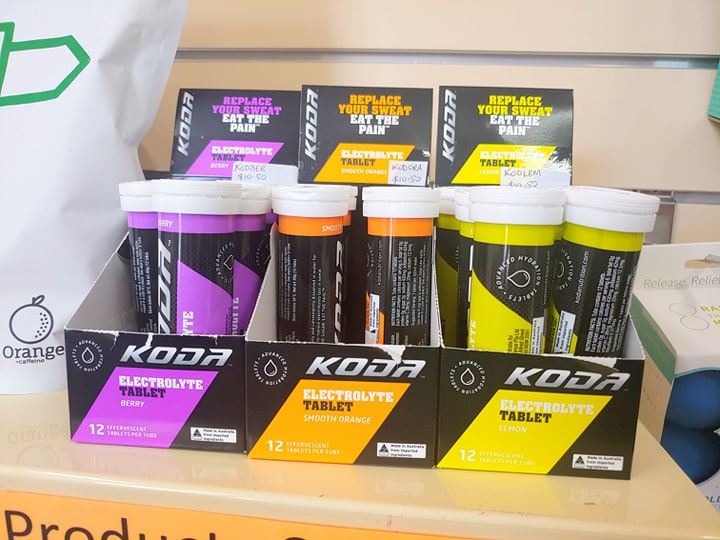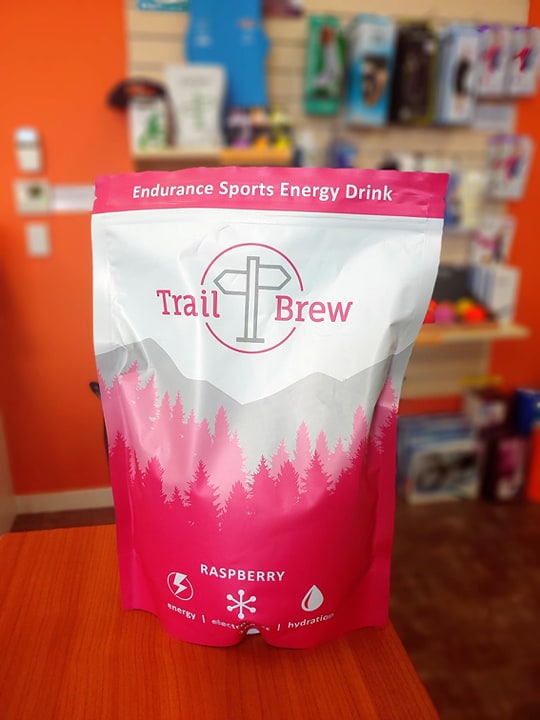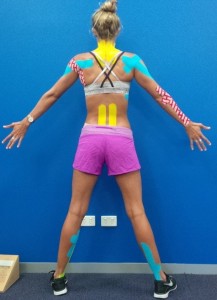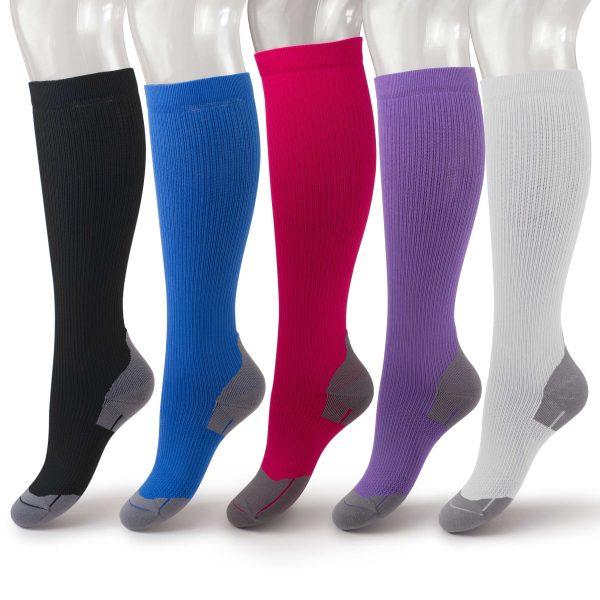Eat, Drink & Supplement your way to success in Endurance and Ultra-endurance Events
By Amelia Webster, Accredited Sports Dietitian. Gold Coast Physio and Sports Health
Focus first on Training Nutrition & Hydration
Training for an endurance event requires careful and meticulous planning of training programs, load monitoring, recovery strategies and much much more. However, we as Sports Dietitians, often only see athletes in the final weeks leading up to a race in order to develop a “race day fuel and hydration plan”. While this is an excellent, and somewhat critical, final piece to the puzzle……if your race day plan is the main or only focus of your nutritional strategies, you are missing some crucial opportunities along the way to “train nutritionally” for your event. The number of hours spent training for your event, will always far outweigh the number of hours spent competing, so fuelling and hydrating to get the most out of your sessions is key to being ready on the day. As a Sports Dietitian, I can review your pre, during and post training, nutrition and hydration practices for you and even provide advice on your nutrition for immunity, as getting sick and having time away from training is the last thing you need leading into your event.
Try it in Training and Try it again (and maybe again, just to be sure).
Say it with me……. NEVER EVER try ANYTHING new on the day of a race/competition/event! If you haven’t trained with it (meaning the type of fluid/food, the amount and/or timing) then DON’T use it. Unfortunately, I have many horror stories of clients trying new gels, foods, different electrolyte drinks and getting cramps, stitches, diarrhoea, vomiting and stomach pains which have forced them to them to slow down significantly and sadly in many cases, fail to make it to the finish line altogether.
The chances of experiencing Gastrointestinal issues in an ultra endurance event, can be reduced by trialling your nutrition and hydration plans in race pace simulated training sessions.
Some keys things to note when training with nutrition:
1. What is your pace/total time running (both for training and event runs)
2. What is your preferred method of nutrition (i.e. gels, drinks, bars, lollies etc)
3. How are you going to carry your nutrition
4. On your route do you have access of water/fluid
5. Pre-training nutrition and hydration strategies
Pace/Total Time
Why is this important I hear you ask? Your body can only store enough glycogen (stored glucose) to keep the body running for ~90minutes (this doesn’t take into consideration utilisation of your fat stores which occurs running at a lower intensity), therefore if your marathon time is anything upwards of 90mins, fast acting carbohydrates that can be available and delivered quickly to your muscles will be important. When we are developing a race plan for an individual, generally speaking, we aim for 30-60g of carbohydrate per hour. While this might seem like quite a large range, we would tailor the amount depending on the length of the race, your ability to consume carbohydrates while competing, and importantly, your pace, as the faster you are going, the more carbohydrates you will burn per hour.
So if we use a marathron as an example. OK, so you are planning to run a marathon in about 4 hours you would need 30- 60g (0-1hr) +30-60g (1-2hrs) +30-60g (2-3hrs) + 30-60g (3-4hrs) = a minimum of 120g, up to 240g carbohydrates over the course of the event.
Preferred method of nutrition
This varies greatly between individuals, and be aware that, just because one method works for one competitor, doesn’t mean it will work for you. An event that involves significant amounts of running, has a big impact on your GI tract and it is common for individuals to experience GI upset if eating or drinking too much at one time. It can be tricky therefore to balance meeting carbohydrate needs for refuelling and minimising GI distress. One method many athletes utilise to maximise carbohydrate intake, in a convenient to consume form, (especially while running), are gels. Now it’s important to note that not all gels are created equal. They can vary in terms of taste, carbohydrate load, ease of use, the fluid intake required when taking them and added ingredients such as caffeine). Generally gels have roughly ~25-30g of carbohydrates, and sports drinks such as Gatorade/Staminde/Extend/Endura/Powerade drinks have ~30g carbs in 500ml. For convenience and to decrease possible GI distress I usually recommend gels more than liquids BUT liquids serve a very important role in your hydration status so working between the two can help meet your carbohydrate and fluid needs. Be sure to try different gels in training to get the best one for you…it can take a few trials to find ones that appeal to you. It may be worth finding a couple of flavours, as in very long events, you may end up consuming a number of these and the last thing you want it flavour fatigue! Events where there is a bike component, you may find you are able to consume some “solid” (but still easy to digest) foods which may also provide an opportunity to include some carbohydrate in different forms and flavours. E.g a salty food option, and this might make a nice change from sweet drinks, gels and bars.
Carrying nutrition
Running belts such as these can be a great tool to assist with meeting your during race nutrition needs. If you are aiming for a sub 4 hours in a marathon for example, your race day nutrition strategy might be one gel every 30 mins, therefore to meet your carbohydrate needs, you would be looking at carrying 7-8 gels (spares are always recommended). So a belt such as this is ideal. There are many types of belts to choose from just make sure you train wearing it on your long runs, especially if you have a bottle holder (2 or 4) belt to know the weight you will be initially running with, where it sits best to minimise movement and also if you get any chaffing from it.
Water/Fluid access
This is a really important issue that does get overlooked when trialling nutrition, most gels NEED to be consumed with water for them to work effectively. Too much carbohydrate in one hit without the appropriate amount of fluid with it, can slow down gastric emptying and reduce the availability of the carbohydrates and could also lead to GI distress. Many gels have instructions either on the package or on their website so make sure you research what your particular gels require. As a guide I recommend a minimum 150-200ml water every gel, check your course for water/fluid stations so you can time your nutrition to have access.
Pre-training nutrition and hydration strategies
If you start a race glycogen depleted or dehydrated you are going to struggle to complete the event, or at the very least, your performance will be severely affected. So how do you do you make sure you have enough glycogen on the day (training and race day)? When I am developing a pre race meal plan, I will base it around meeting the required carbohydrates (we determine this amount by via a grams of carbohydrate per kilogram of body weight ratio). One the total carbohydrate requirement has been calculated, it is translated into meal and snack plan for the 24-36 hours before the event. For many athletes, this will require eating every 2-3 hours as the volume cannot be easily squeezed into just 3 meals per day. When developing a meal plan, I always take into account practical issues, such as where you will be the day before, what access to food and or cooking equipment you might have (especially if you have travelled away from home to compete) and also comfort issues e.g. what you like and feel good eating. I recommend minimising high fibre, high fat and spicy foods before a big run and keeping foods simple. My general rule of thumb is to keep things as familiar as possible to you the day before the race/event. The morning of the event, I help athletes design a breakfast that has a little bit of protein (to helps to fill you up, as it will be some time before your next proper meal) but primarily, I focus on getting some carbohydrates into your body to replenish your fasted state. Again, keep this meal low in fibre and fat and importantly, make sure you have trained on this type of breakfast before.
Hydration is also an extremely important component when competing in endurance events. A 2-4% decrease in body weight can cause fatigue, decreased endurance capacity, headaches, nausea, overheating and heat cramps….any of which will make an already physically challenging event more difficult. A quick and easy way to check that you’re hydrated prior to starting is to keep an eye on your urine. If your urine is fairly clear and you are going to the toilet regularly, you are most likely well hydrated. Concentrated, dark yellow urine, is often a tell tale sign you are not adequately hydrated. Consuming plenty of fluids at meals and snacks in the day leading up to the event and a minimum ~200-300ml water at breakfast the morning of is a good tip. It is nearly impossible to recommend an amount of fluid you should be consuming during the event, as everyone’s rehydration needs will vary depending on their individual sweat rate. I can provide you with information about how to learn to estimate your fluid losses, and develop a hydration plan for your event. For many athletes, if sweat losses are unknown, we plan to keep race fluid intake at a steady pace of ~150-200ml every 20mins.
So with that said, GOOD LUCK for your upcoming events and I look forward to working with you to plan your training and competition nutrition strategies.

